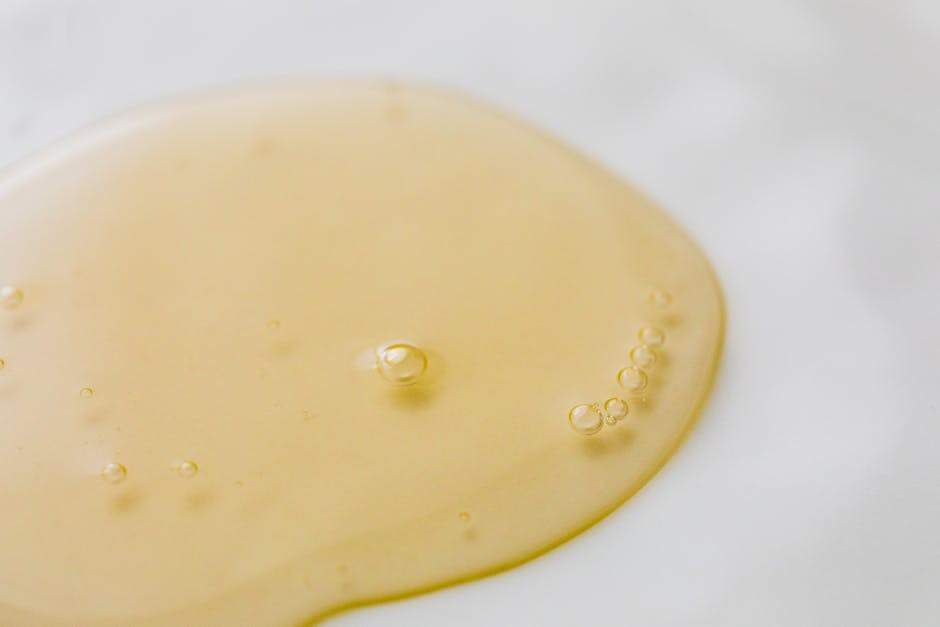The Importance of Nasal Hygiene in Preventing Respiratory Illnesses

Understanding Nasal Hygiene
Nasal hygiene refers to the practice of keeping the inside of your nose clean and healthy. You can maintain nasal hygiene by using a saline solution to gently rinse out your nasal passages. This helps to remove dirt, bacteria, and other particles that can cause infections and illnesses. Additionally, keeping your nasal passages moist can prevent dryness and irritation, which can make you more susceptible to respiratory illnesses. Practicing good nasal hygiene is a simple and effective way to protect yourself from respiratory illnesses.
Connection Between Nasal Health and Respiratory Illnesses
Maintaining good nasal hygiene is crucial for preventing respiratory illnesses. When your nasal passages are clean and healthy, they can filter out harmful particles like dust and germs more effectively, reducing the risk of respiratory infections. Regularly washing your hands can also help prevent the spread of viruses that cause respiratory illnesses. Inhaling steam or using a saline nasal spray can help keep your nasal passages moist and clear, further supporting your respiratory health. Additionally, keeping your environment clean and free of irritants like smoke or strong odors can help support your nasal health and overall respiratory well-being.
Importance of Nasal Care in Preventing Infections
Caring for your nose is crucial in stopping illnesses from attacking your body. By keeping your nasal passages clean, you can reduce the chances of getting respiratory infections. Ensuring good nasal hygiene involves regular washing and clearing out any blockages. This maintenance helps to prevent germs from settling in and causing sickness.
Common Nasal Hygiene Practices
Common Nasal Hygiene Practices
Nasal hygiene is crucial for preventing respiratory illnesses. Here are some simple practices to keep your nose healthy:
- Nasal Irrigation: Use a saline solution to rinse your nasal passages and keep them clear.
- Hydrate: Drink plenty of water to maintain moisture in your nasal passages.
- Avoid Irritants: Stay away from smoke, strong odors, and pollutants that can irritate your nose.
- Proper Hand Hygiene: Wash your hands frequently to prevent the spread of germs to your nose.
- Regular Cleaning: Keep your living spaces clean to reduce dust and allergens that can irritate your nose.
Benefits of Nasal Irrigation
Performing nasal irrigation can help clear out mucus and debris from your nasal passages, reducing congestion and promoting better airflow. Benefits of nasal irrigation include:
- Relieving nasal congestion: By flushing out irritants and excess mucus, nasal irrigation can alleviate congestion and improve breathing.
- Reducing sinus infections: Nasal irrigation can help prevent sinus infections by keeping your nasal passages clear of bacteria and allergens.
- Alleviating allergy symptoms: By removing allergens from your nasal passages, nasal irrigation can lessen allergy symptoms like sneezing and itching.
- Enhancing sinus health: Regular nasal irrigation can maintain the health of your sinuses by preventing blockages and promoting drainage.
Choosing the Right Nasal Hygiene Products
To maintain good nasal hygiene and prevent respiratory illnesses, it's crucial to choose the right nasal hygiene products. Here are some points to consider when selecting the products:
- Look for products that are specifically designed for nasal hygiene, such as saline nasal sprays or nasal irrigation kits.
- Check the ingredients of the products to ensure they are safe and suitable for regular use.
- Choose products that are easy to use and convenient for incorporating into your daily routine.
- Consult with a healthcare professional if you have any existing nasal conditions or allergies to ensure the products are suitable for you.
- Remember to follow the instructions provided with the products to ensure proper usage and effectiveness.
Maintaining Healthy Habits for Nasal Health
To keep your nasal passages healthy, it's important to practice good nasal hygiene habits. This includes regularly rinsing your sinuses with a saline solution, avoiding picking your nose, keeping your nose moisturized, and not smoking or exposing yourself to smoky environments. These habits can help reduce the risk of respiratory illnesses by keeping your nasal passages clear and functioning properly.
Tips for Enhancing Nasal Hygiene
To keep your nasal passages healthy, it's crucial to practice good nasal hygiene. Here are some simple yet effective tips to enhance your nasal hygiene:
- Use a saline nasal spray to keep your nasal passages moist and clear of debris.
- Avoid picking your nose to prevent introducing bacteria and causing irritation.
- Stay hydrated to maintain proper moisture levels in your nasal passages.
- Use a humidifier in your home to add moisture to the air, especially in dry environments.
- Wash your hands regularly to reduce the risk of transferring germs to your nose.
- Avoid exposure to pollutants that can irritate your nasal passages, such as cigarette smoke and strong chemicals.
- Consult a healthcare provider if you experience persistent nasal issues or respiratory symptoms.
Risks of Neglecting Nasal Health
Ignoring your nasal health can increase your risk of developing respiratory illnesses. When you neglect to care for your nasal passages, you make yourself more vulnerable to infections and allergens. A blocked nose can lead to sinus infections and difficulty breathing, while dry nasal passages can result in discomfort and increase the likelihood of bacteria entering your system. Not cleaning your nose regularly leaves it susceptible to pollutants and germs, further compromising your respiratory health. Taking simple steps to maintain nasal hygiene can significantly reduce your chances of falling ill.
Conclusion: Prioritizing Nasal Hygiene for Overall Well-being
Taking care of your nasal hygiene can play a significant role in keeping you healthy and preventing respiratory illnesses. By regularly cleaning your nose and following proper nasal hygiene practices, you can reduce the risk of infections and maintain your overall well-being. Remember, a healthy nose leads to a healthier you.